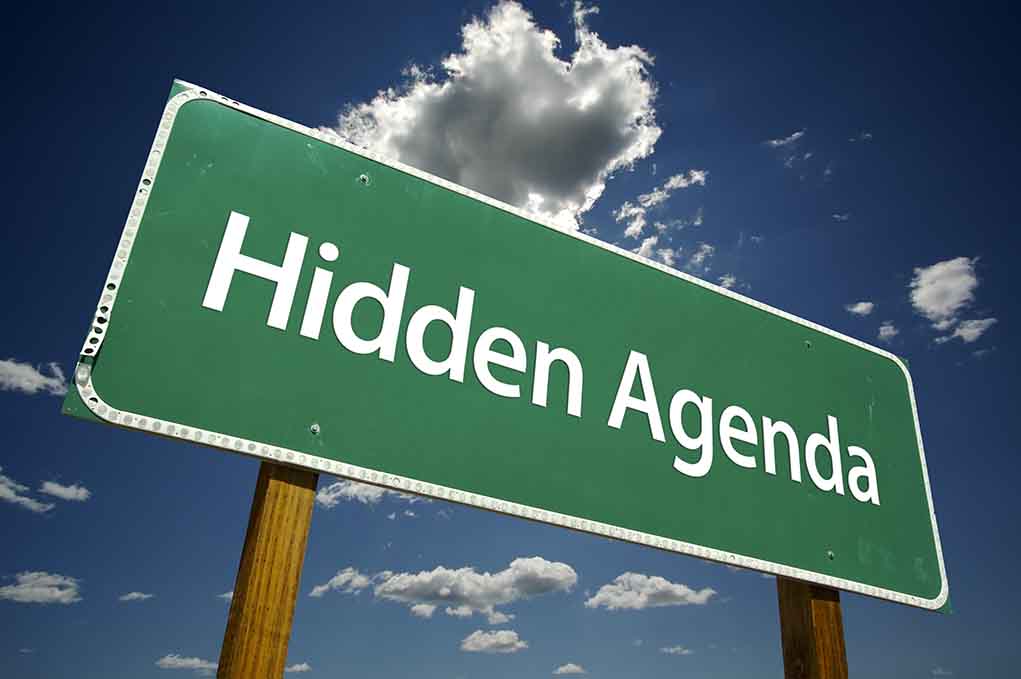
Bill Gates pledges $200 billion to Africa while blasting Elon Musk over foreign aid cuts, revealing his true agenda in a staggering financial power play that has conservatives questioning his motives.
Key Takeaways
- Bill Gates has announced plans to donate the majority of his $200 billion fortune to Africa over the next 20 years, aiming to deplete his wealth entirely by 2045.
- Gates used his announcement platform to openly criticize Elon Musk, blaming him for harmful cuts to global aid that Gates claims will increase deaths worldwide.
- Musk responded forcefully to Gates’ accusations, calling him a “huge liar” and highlighting Gates’ controversial past association with Jeffrey Epstein.
- The massive wealth transfer to Africa raises questions about foreign aid effectiveness and whether Gates’ foundation will achieve meaningful results or create dependency.
- Gates’ pledge follows Andrew Carnegie’s “Gospel of Wealth” philosophy, suggesting the ultra-wealthy should distribute their fortunes for societal benefit.
Gates’ Unprecedented $200 Billion African Initiative
Microsoft co-founder Bill Gates has announced his intention to donate the majority of his estimated $200 billion fortune to address challenges in Africa over the next two decades. The announcement, made at Nelson Mandela Hall at the African Union headquarters in Addis Ababa, Ethiopia, represents one of the largest philanthropic commitments in history. Gates outlined his vision to partner with African governments that prioritize health and education, framing the donation as an investment in unleashing human potential across the continent. The billionaire has stated he plans to exhaust virtually all of his wealth by 2045, following the philosophical approach outlined in Andrew Carnegie’s “The Gospel of Wealth” essay.
This massive financial pledge comes at a time when President Trump’s administration has been reassessing America’s foreign aid commitments, particularly to organizations with questionable track records or that operate counter to American interests. Gates’ decision to channel such an enormous sum specifically to Africa raises significant questions about how these funds will be managed, what conditions might be attached, and whether the initiative will create lasting progress or merely dependency. Gates’ foundation has historically focused on health initiatives including vaccines, population control measures, and agricultural technology—all areas that have drawn both praise and criticism from different political perspectives.
Gates vs. Musk: The Billionaire Battle Goes Public
What should have been a straightforward philanthropic announcement quickly devolved into a public feud when Gates used the platform to criticize fellow billionaire Elon Musk. Gates specifically accused Musk of causing harm to the world’s poorest children through his work at the Department of Government Efficiency (DOGE), claiming Musk’s influence has led to funding cuts that will increase global deaths. This personal attack reveals the deep political divisions among America’s wealthiest individuals and their competing visions for addressing global challenges. While Gates advocates for massive wealth transfers to developing nations, Musk has championed a more America-first approach that aligns with President Trump’s policies.
Musk didn’t let Gates’ accusations go unchallenged, responding by calling Gates a “huge liar” and referencing Gates’ controversial past association with convicted sex offender Jeffrey Epstein. This exchange highlights the significant ideological divide between the two billionaires, with Gates representing the globalist approach to solving problems through international institutions and massive wealth redistribution, while Musk has aligned more closely with conservative values of efficiency, accountability, and national sovereignty. The public spat underscores how America’s wealthiest individuals wield enormous influence not just through their donations but through shaping public discourse on global priorities.
Questions About Effectiveness and Accountability
Conservative analysts have raised legitimate concerns about the effectiveness of such massive wealth transfers to Africa, pointing to decades of foreign aid that have failed to produce sustainable economic growth in many recipient countries. Gates’ pledge lacks specific details about how success will be measured, what accountability mechanisms will be in place, or how his foundation will avoid the pitfalls that have plagued previous large-scale aid initiatives. Many experts have noted that economic development comes primarily through trade, property rights, and rule of law rather than through external financial assistance, regardless of the amount provided.
The timing of Gates’ announcement also raises questions about whether this represents a counterbalance to the America-first policies championed by President Trump. While the administration has been working to ensure foreign aid serves American interests and comes with appropriate conditions for recipient governments, Gates appears to be creating a parallel system of influence through his foundation. Conservatives have long been concerned about unelected billionaires using their wealth to shape global policy without democratic accountability. This massive pledge to Africa will certainly give Gates and his foundation tremendous influence over governmental priorities across the continent, potentially undermining sovereignty and creating unhealthy dependencies.
The Carnegie Philosophy and Wealth Redistribution
Gates has explicitly cited Andrew Carnegie’s “Gospel of Wealth” as inspiration for his philanthropic approach, embracing the idea that the wealthy should use their fortunes for the greater good rather than passing them intact to heirs. While this philosophy contains admirable elements about social responsibility, critics note that Gates’ interpretation seems to favor global wealth redistribution rather than investment in American communities. Carnegie primarily built libraries and educational institutions in America, whereas Gates appears focused on reshaping developing nations according to his vision. This raises profound questions about whether private wealth should be used to advance policy agendas that may not align with democratically determined national priorities.
As Gates works to distribute his fortune over the coming two decades, conservatives will be watching closely to ensure that these funds truly benefit African communities rather than simply expanding bureaucratic institutions or advancing controversial policy agendas. The ultimate measure of success will be whether recipient nations develop self-sustaining economies and reduced dependence on foreign assistance, or whether this unprecedented wealth transfer creates new forms of dependency and influence. What’s clear is that Gates’ $200 billion pledge represents not just a financial commitment but a significant assertion of power and influence in global affairs that deserves careful scrutiny.




